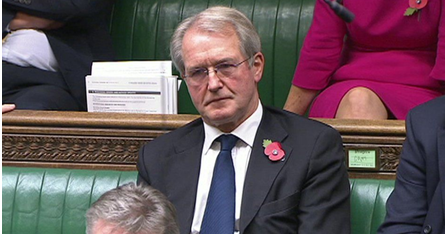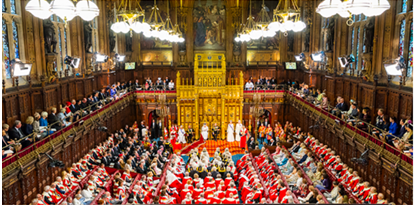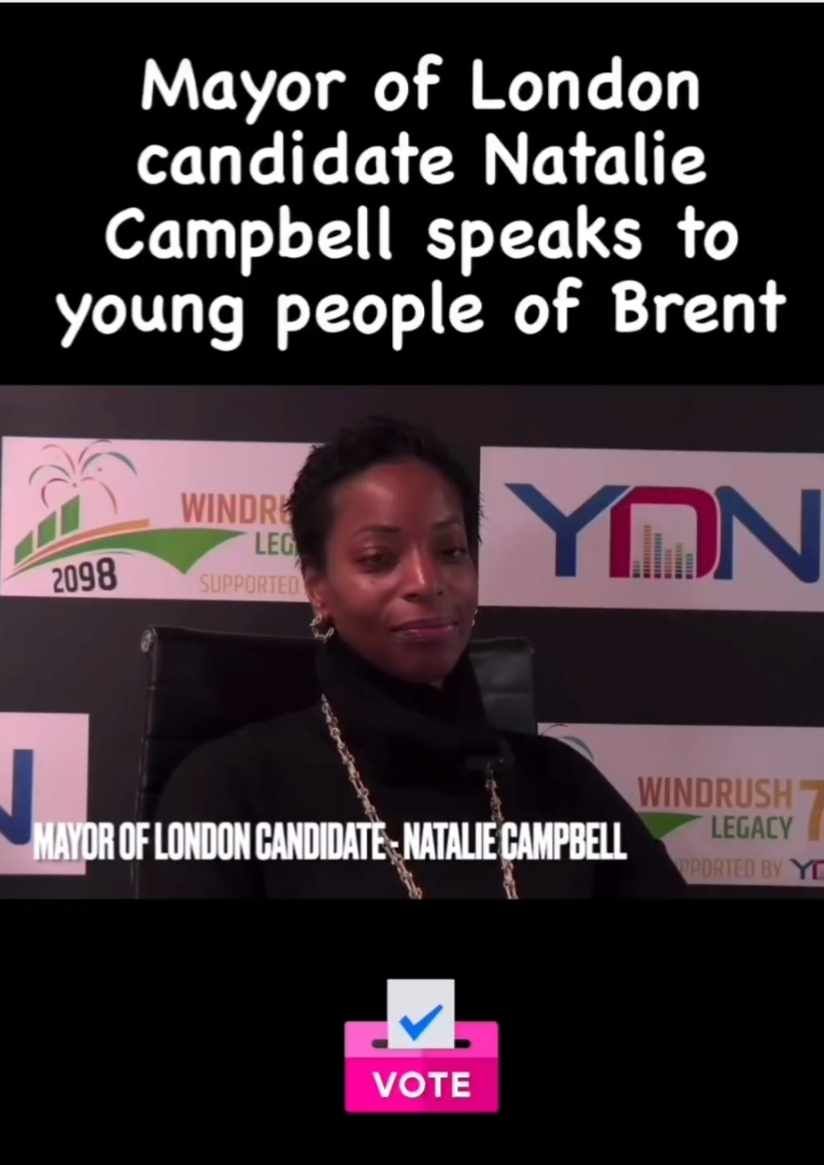Government Corruption
Last week the then MP Owen Paterson was accused of breaking lobbying rules for MPs and subsequently investigated by the Commissioner for Parliamentary Standards.

The commissioner found that Paterson had indeed approached and met with officials in the government on behalf of companies that he had not declared his interest in. This amounted to a serious breach of parliamentary rules but in a desperate bid to prevent action being taken against Paterson the Conservatives tried to destroy the standards system. Patterson has since stood down as an MP.
A cabinet minister Steve Barclay, the Chancellor of the Duchy of Lancaster, spoke of his regret at the move and acknowledged that it was a mistake to try to rip up the standards system, although Barclay did not directly apologise. The move has since faced a huge backlash from MPs on all sides including the Conservative back-benches and the public. Opposition parties have since vowed to boycott the new committee chaired by a Tory MP created to review the standards processes. The Commons Speaker Lindsay Hoyle said, “If the house wishes to review the system it must do so on a cross-party basis”. The Lib Dem MP Wendy Chamberlain said the government had “attempted to rig the system to cover their own backs” and that the prime minister “thinks the rules don’t apply to him”. Barclay did not commit to the government withdrawing the plans it had to reform the standards system and endorsing the standards committee’s report into Paterson before the Commons broke up for recess on Wednesday.
The Liberal Democrats called an emergency debate to discuss the prime minister’s attempt to protect Owen Paterson, in which Barclay admitted that it was wrong to try to change the standards process. He said “while sincerely held concerns clearly warrant further attention, the manner in which the government approached last week conflated them with the response to an individual case”. Boris Johnson however missed the debate angering many MPs who felt that he was avoiding their scrutiny after pressuring them to back an amendment to Paterson’s suspension that many thought was wrong but nevertheless still passed by 18 votes. The government committed to rescinding the amendment the next day after public outcry. However many also want to see the original motion to endorse the report on Paterson brought back into the House of Commons. The Commons Speaker, Lindsay Hoyle said that Johnson’s bid to spare Paterson showed parliament “at its worst”.
After he was replaced as environment secretary Owen Paterson formed a company in 2014 which he described as a Conservative think-tank funded by donations from private entities. This company
donated thousands to Paterson who was its sole director, totalling almost £40,000 between 2014 and 2019. Patterson was paid at least £500,000 for lobbying on behalf of two companies. Documents released after freedom of information requests showed that the MP had demanded access to ministers and regulators, as requested by his paying clients, on many occasions. Parliamentary rules are meant to prevent MPs from advocating for causes in return for money. The parliamentary standards commissioner produced a report from the cross-party Commons committee on standards in the House that highlighted Paterson’s “egregious” 14 approaches to ministers and public officials and stated that he had brought parliament into disrepute. MPs must declare the identities of their political donors in the register of members’ financial interests.
An example of Paterson’s corruption would be his interactions with the company Randox Laboratories. Randox were one of the donor’s to Patterson’s company and they were able to arrange a meeting between their own and Priti Patel’s representatives through Paterson. The former MP talked and wrote to Priti Patel, the then secretary of state for international development and arranged a meeting involving himself, a Randox representative and Patel’s junior minister Rory Stewart, so that the company could pitch its technologies and products to the government. Paterson also attended a meeting more recently between a health minister in charge of Covid procurement and Randox in April 2020 and Randox were one of the companies awarded government contracts during the pandemic.

This is an incredible level of corruption. A government MP was due to be suspended from the commons for 30 days having clearly broken the rules and in response the government intended to overhaul the entire standards process and allow Owen Paterson to get away with his ill deeds. This is not surprising action from a Conservative party led by Boris Johnson who broke parliamentary rules more than any other MP in recent years and is happy to take down anyone willing to hold him to account. Even many Tory MPs were confused as to why they were whipped to vote to save Paterson. It’s clear that Johnson is only looking to protect himself as he knows he will likely be in the same situation some day. Since Johnson came to power, many people in roles responsible for setting the standards that government ministers must follow have left and have been replaced by essentially lackeys who will do as they are told. We are slowly becoming a more authoritarian country with a ruling class that is growing out of control.
Open Democracy revealed that Conservative party treasurers who donate £3m are almost always offered peerages. A seat in the House of Lords effectively costs £3million. For this price, that only the very richest in the country can afford, you are given the opportunity to vote on the nation’s legislation. Every senior Tory treasurer for the last 11 years except the latest one has been offered a peerage having hit £3m in donations at the time when were they offered the role. This has been described as a tradition in the Conservative party, which just highlights the extent of the corruption endemic in that organisation.

In response to the action taken by the government opposition leader Kier Starmer said “When the prime minister gives the green light to corruption, he corrodes that trust,”. Starmer has stated that he is open to working cross-party to reform the standards system but insisted that Labour would not be “willing to work with the government on their plan to weaken standards”. Labour has called for MPs to be banned from taking paid directorships and consultancy roles for years now and the Labour leader has noted his intentions to carry this out. Labour want to ban shadow ministers from having second jobs and many want MPs to be banned from second jobs apart from those that benefit the community such as teaching and nursing. However more changes in the way parliament operates will be necessary to curve the amount of corruption rampant in our political parties. An important step in this would be state funding of all political parties to prevent the super rich from using their donations to influence public policy. It is important that we don’t have a political system that relies on mega rich donors to keep itself running












